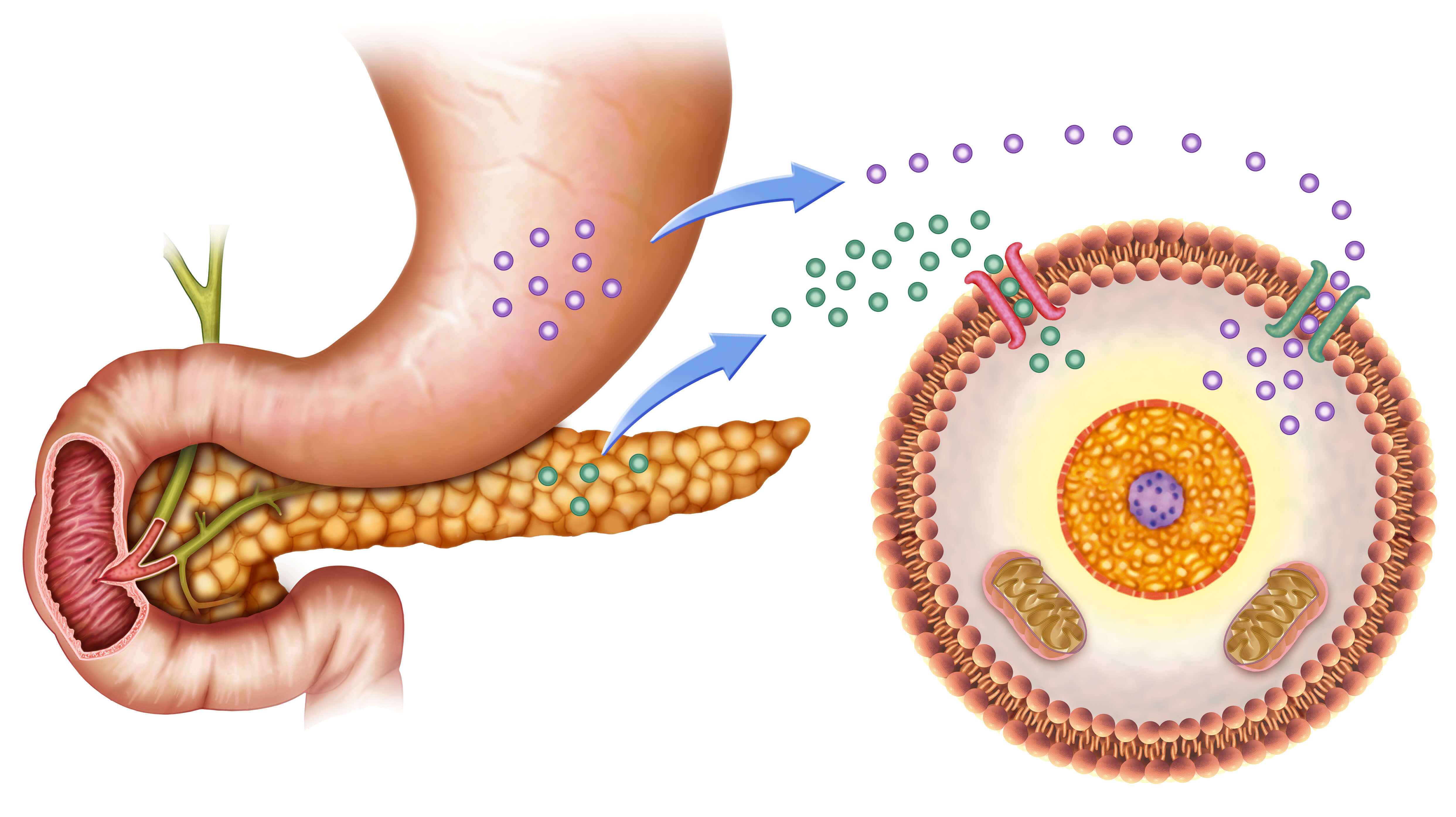Type 1 diabetes is a form of diabetes in which a person’s pancreas is no longer able to produce enough insulin. Insulin regulates metabolism of sugars and fats by stimulating absorption of glucose from the blood and promoting energy storage. The loss of insulin production is due to the body’s own immune system attacking and destroying the cells in the pancreas that produce insulin, known as beta cells.
The cause of type 1 diabetes is unknown, and there is currently no cure. Patients must continuously administer insulin therapy to manage their blood sugar levels and symptoms. Left untreated, serious long-term complications of diabetes can include heart disease, stroke, kidney failure, foot ulcers and eye damage. Type 1 diabetes affects over three million people in Canada and the United States.
A study published in the prestigious scientific journal Cell shows that human stem cells can be induced to form insulin-producing beta cells, which could then be implanted and regulate blood sugar levels. Scientists at Harvard University, led by Dr. Doug Melton, developed a novel multi-step protocol that uses stem cells to generate large numbers of new beta cells which closely resemble normal human beta cells in terms of cellular structure, gene and protein expression, and response to glucose stimulation.
In test tube experiments, the stem-cell-derived beta cells behaved similarly to normal human beta cells, including secreting insulin in response to glucose challenge. When transplanted into mice, the new beta cells secreted human insulin into the blood streams of the mice in a glucose-responsive manner. Furthermore, the beta cells successfully normalized blood glucose levels in diabetic mice.
Insulin-producing cells previously generated from other cell types lacked many of the functional characteristics of normal beta cells. A challenge has been producing beta cells that secrete insulin in response to glucose. The advancements in the current study provide a method to produce glucose-responsive beta cells from stem cells, in quantities needed for transplantation.
Further trials are being conducted in animal models, including primates, and Dr. Melton anticipates that human clinical trials could start within a few years.
Further information:
Pagliuca, F.W. et al. Generation of Functional Human Pancreatic β Cells In Vitro. Cell 159, 428-439 (2014).






